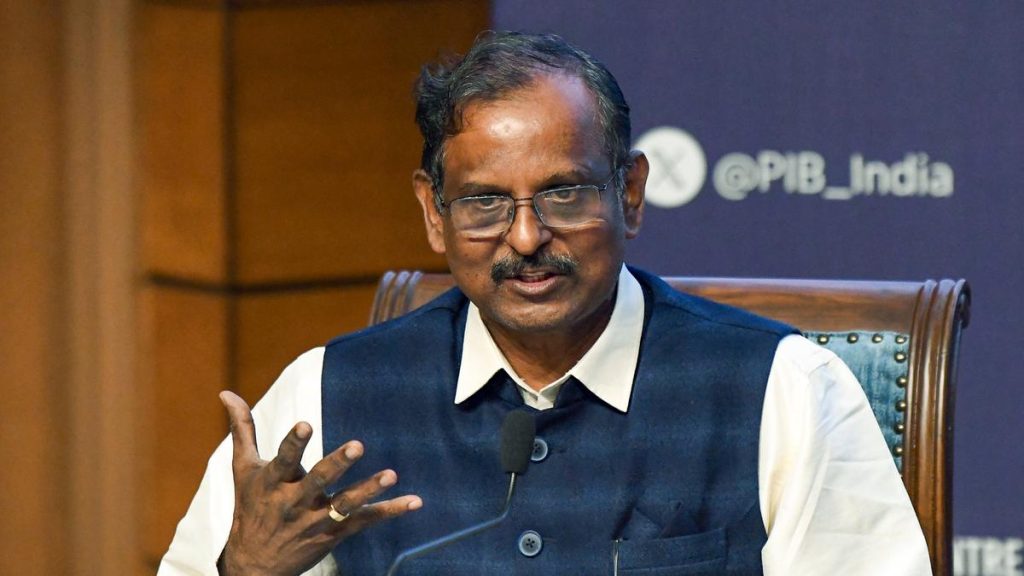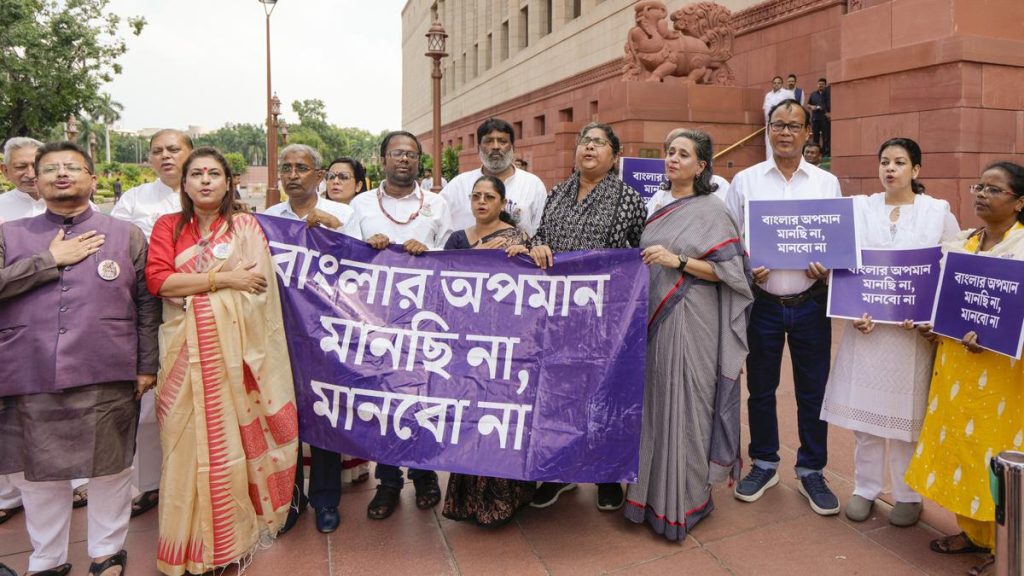Now Reading: Restore Nilgiris Ecosystem: Call to Replace Tea Estates with Rainforests, Grasslands
-
01
Restore Nilgiris Ecosystem: Call to Replace Tea Estates with Rainforests, Grasslands
Restore Nilgiris Ecosystem: Call to Replace Tea Estates with Rainforests, Grasslands
Swift Summary
- Steps to restore mid-elevation rainforests in Gudalur (Nilgiris) and Anaimalai (Coimbatore) were discussed at the NilgiriScapes conference in Udhagamandalam.
- Renowned ecologist Raman Sukumar emphasized that government efforts are needed to roll back tea estates, restore grasslands and Shola forests, and include indigenous communities’ voices for preserving the Nilgiri Biosphere Reserve.
- tea estates had replaced rainforests as part of TANTEA projects initiated after the 1964 Sirima-Shastri Pact to provide livelihoods for Sri Lankan repatriates.
- Sukumar called for conservation efforts balanced with developmental reconciliation, highlighting “Biosphere Reserve as a concept” needing broader request.
- Jane Goodall delivered a video message recognizing the environmental and cultural significance of the Nilgiri Biosphere Reserve while praising stakeholder awareness initiatives at the conference.
- Author Prannay lal presented a geological perspective on Nilgiris formation, landslips (e.g.,Marapallam landslip in 2009),and infrastructure planning implications for city advancement projects in sensitive areas.
- attendees included Benno Boer (UNESCO Chief of Natural Sciences Unit) and Lakshmi bhavya Tanneeru (District collector of Nilgiris).
Indian Opinion Analysis
The discussions at the NilgiriScapes conference underline pivotal challenges faced by India’s environmental management systems. The call by Raman Sukumar to reverse past transformations such as rainforest loss due to tea plantation expansion sets forth an aspiring but critical agenda. Restoration projects may face logistical hurdles given entrenched economic dependencies on existing land use; though, they hold substantial promise for ecological sustainability if indigenous community participation is prioritized alongside policy support.
Jane Goodall’s endorsement adds global credibility, indicating alignment with international conservation values. Coupled with Prannay Lal’s geological insights into environmental risks like landslips due to developmental overreach,it emphasizes that scientific planning must guide future infrastructure aspirations around fragile ecosystems like the nilgiris.
India is progressively engaging multidisciplinary approaches toward conserving biodiversity hotspots while balancing socio-economic objectives. Thoughtful execution based on recommendations from conferences such as this could not only protect unique biospheres but also serve as blueprints for replicating conservation models across other regions.
























